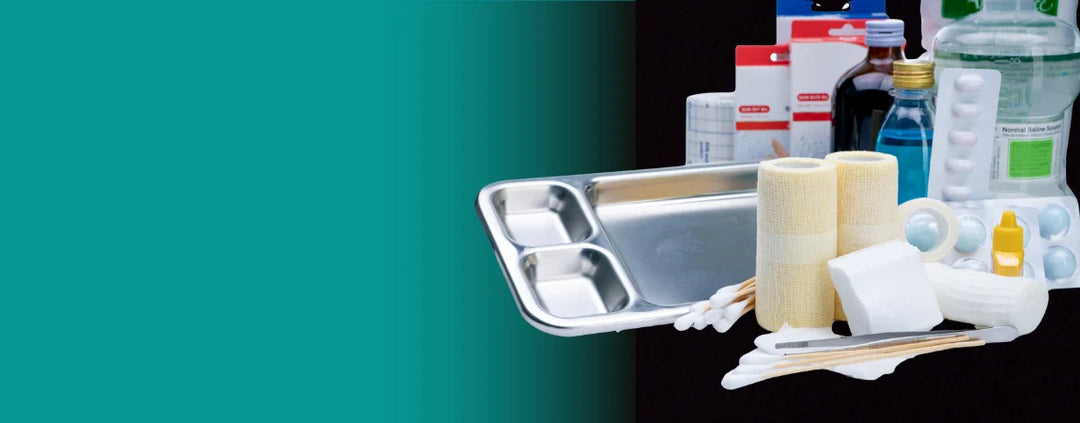Scar tissue is the inevitable result of surgery or injury that damages the dermis (middle) layer of skin. All scars follow the same wound healing process of hemostasis, inflammation, proliferation, and maturation. Not all scars will appear the same, however. Some will fade over time and appear as a thin white line on the surface of the skin. Other scars can be more aggressive and leave a person with a number of unwanted side-effects. It’s encouraging to know that while some scar types can be burdensome to the patient, there are a number of safe and effective treatment options available to reduce side effects.
Side-effects you may experience
It’s not uncommon for people to experience some of the following side-effects of scar tissue, especially for newer scars. Most of these effects are not permanent and they can be alleviated with proper care and treatment.
Itchiness: whenever the skin becomes damaged, the underlying nerve cells get damaged too. This can cause increased sensation in the scar tissue, leading to mild to severe itchiness. It’s also possible for scar tissue to become dried out due to inadequate moisture retention in the scar bed. This may also contribute to itchiness. It’s important not to scratch your scar because this can cause further damage and irritation to the tissue.
Redness: during the wound healing process there is going to be some amount of redness because the body is signaling to direct more blood flow to the area. If a scar exhibits redness, this means that there is still some inflammation and blood flow left over from the healing process. It’s possible for some scars to remain red for several months after the wound has fully healed. If the redness does not go away after several months, it could be a sign that the scar tissue is irritated due to pressure or friction.
Pain: pain is another common side-effect that can occur when the scar tissue becomes tight and pinches or squeezes nerves in the affected area. Keloids and hypertrophic scars are most commonly associated with pain because they then are characterized by an excess of scar tissue. Pain in the scar area is typically classified as neuropathic pain, which can be chronic and continuous. In the case of chronic pain, it would be best to consult your doctor to determine how you can minimize the pain.
Limited range of motion: Some scars can become so thick and tight that they limit range of motion, especially if the scar is on a part of the body that moves a lot, such as the arms or legs. Physical therapy can be performed to help the body regain flexibility and motion. Some physical therapists will use tools to help create space between the scar tissue, muscle, and fascia. This has the effect of releasing tension in those tight areas.
Clinically-proven scar treatment
Medical-grade silicone gel is a clinically-proven scar treatment option that helps to reduce scar size and discoloration. Some of the common side effects, such as redness, itchiness, and pain can be alleviated by using topical silicone for scars. Scar tissue needs a balance of oxygen and moisture to heal properly. When applied, silicone induces moisture at the scar bed while allowing oxygen to penetrate through its semipermeable barrier. This creates an optimal environment, otherwise known as homeostasis, for the scar tissue to return to a normal color and size. Silicone gel scar therapy is effective and safe for all skin types. You can purchase products through your physician or online at biodermis.com.
Biodermis is an innovative market leader with 30 years of expertise in the medical silicone industry. Visit Biodermis.com today to explore a complete range of scar management and post-operative care solutions.
PHYSICIANS AND MEDICAL PROFESSIONALS: REFER OR RESELL?
Biodermis offers custom tailored referral programs designed to simplify and reduce the cost of your patients' post-op care. Additionally, we offer professional pricing if you opt to retail our products. Give us a call at 800.322.3729, and we will be happy to provide additional details on these programs.



